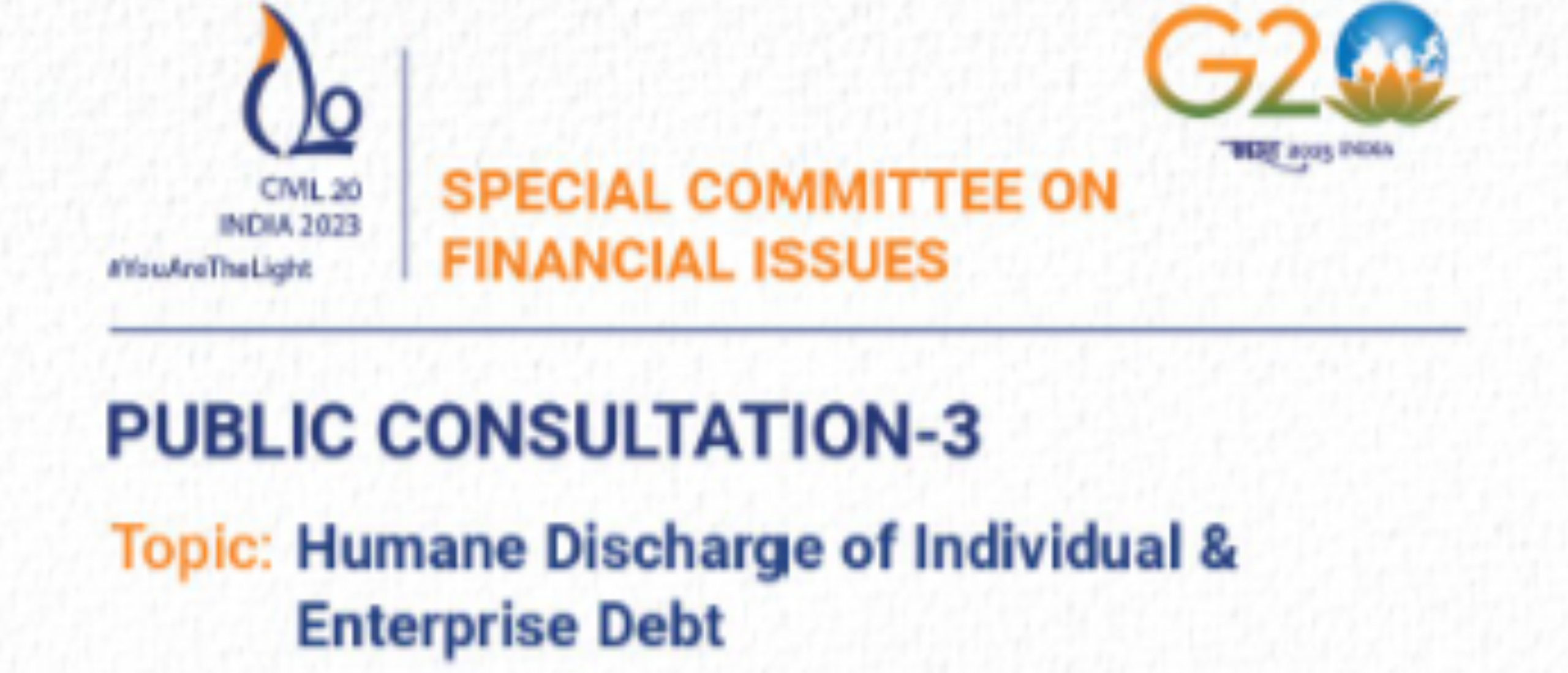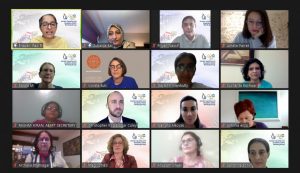At the heart of sustained financial inclusion efforts across developing nations, is the improved, easier and more efficient access to formal credit for individuals, households and enterprises. Such access has made it possible for these actors to expand their livelihoods, clinch economic opportunities, fund better lifestyles and invest in their own and their children’s futures. But when adequate care isn’t taken by lenders, or when unprecedented economic, climate, health or other shocks that couldn’t be planned for by neither parties, hits the borrower, the borrower is left to grapple with unsustainable levels of debt. Oftentimes, even in the absence of shocks, an unlucky turn of events, poor timing and execution skills or technical skill gaps, could render the borrower’s economic activities unviable and with no option available to unwind the situation of over indebtedness the borrower may find himself or herself in. Strategies for addressing over-indebtedness may be of two forms (ex-post and ex-ante) depending on whether over-indebtedness has already manifested or not. A humane statutory ex-post mechanism for the restructuring or discharge of debt is a crucial instrument through which borrower enterprises and households can seek refuge and this needs to be built by governments, taking into consideration the unique cultural and contextual situations of its society. After all, the manner in which a society treats the failure of its members to repay debt will have profound implications for the success and power of its entrepreneurial citizenry.
Consultation link: https://drive.google.com/file/d/1chItR07G_kSFRUNTA67nLMcmDb- Cm8lV/view?usp=drive_link




